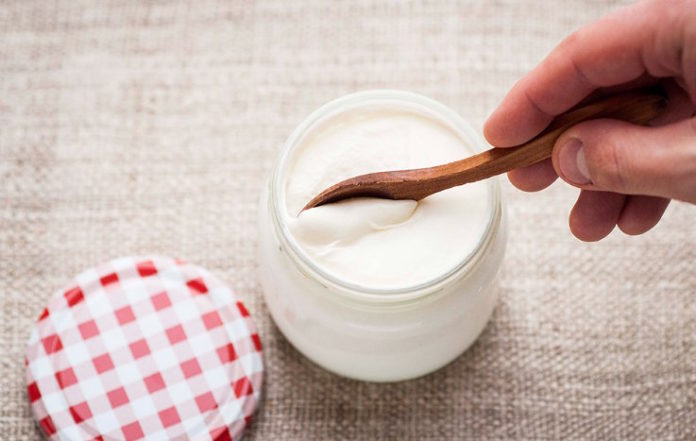The inhibitory substance is a unique, bacteriocin-like peptide that is heat stable up to 121°C. Bacteriocins are antimicrobial peptides produced by bacteria and released to kill other related bacteria that are not immune to their action.
“Considering the current upsurge of antibiotic resistance in hospitals, especially among the gram-negative bacteria, and the exigent need to find viable alternatives, findings from the study may hold promise for possible therapeutic application,” said Rachelle Allen-McFarlane, doctoral candidate in the Biology Department at Howard University, Washington, D.C.
Lactobacillus parafarraginis KU495926, identified by 16S rRNA, was isolated from a sample of commercial yogurt on de Man-Rogosa-Sharpe agar by standard plate count technique under anaerobic conditions. The isolate exhibited the typical lactic acid bacterial characteristics: gram positive, catalase, oxidase, and motility negative. Screening of the antimicrobial activity by spot and well-diffusion assays showed that the isolate inhibited the growth of several multidrug-resistant/extended-spectrum β-lactamase gram-negative bacterial pathogens from a local hospital.
Analyses of the extract by fast-perfusion liquid chromatography (FPLC), SDS-PAGE, and PCR (polymerase chain reaction) suggested that the inhibitory agent is a bacteriocin.
The research was conducted in the laboratory of Dr. Broderick Eribo, in the Biology Department at Howard University, Washington, DC. Drs. Winston Anderson, Adrian Douglas Allen, Ayele Gugssa, Ms. Garima Bansal and June Prout, all affiliates of Howard University, also contributed to this work.
Source: ASM



















































